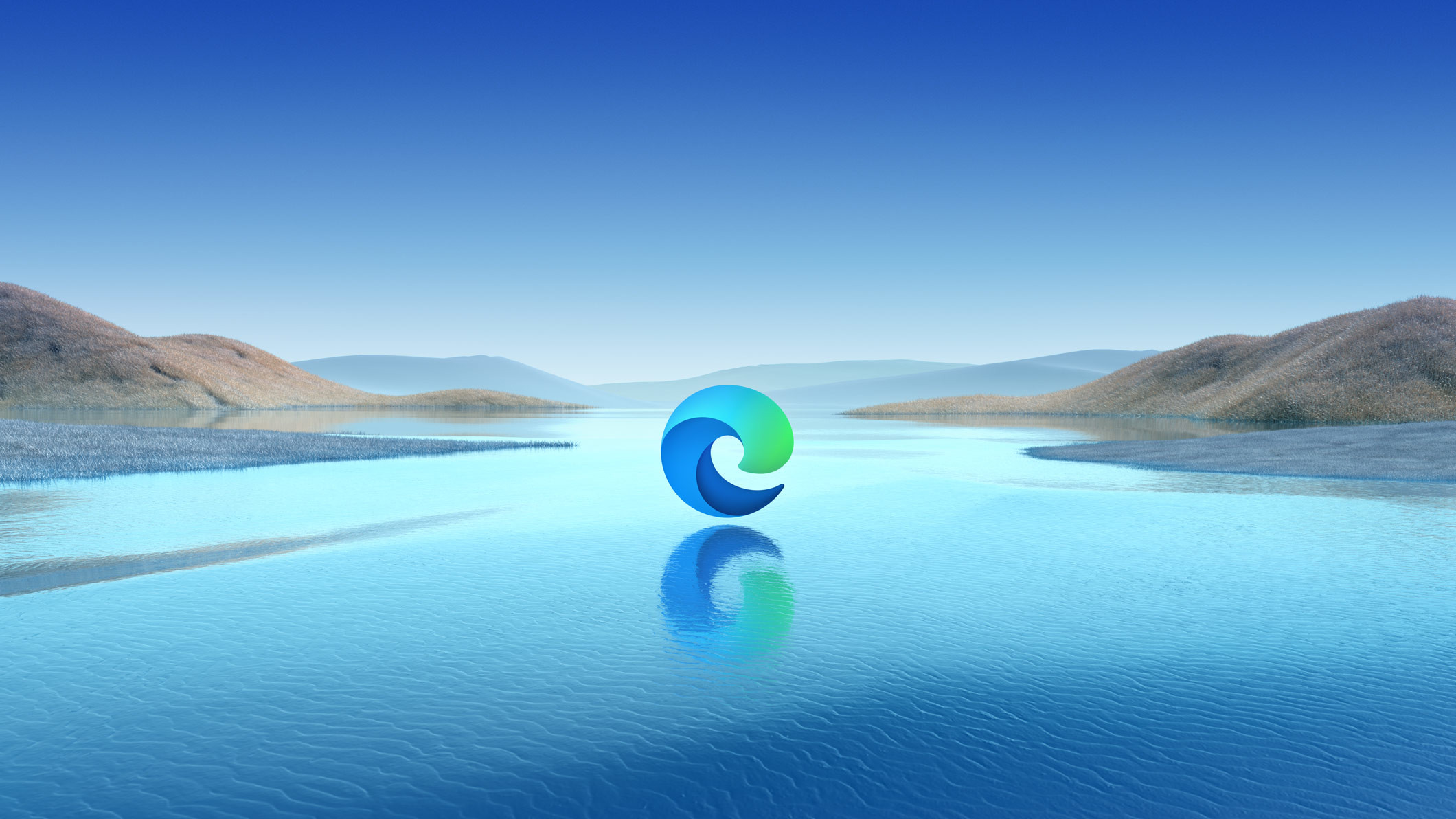Exclusive: The browser wars will only end one way - and these figures show why
New figures have highlighted the extent of the uphill struggle faced by small browser vendors attempting to compete with the likes of Google Chrome, Safari and Microsoft Edge.
Data provided exclusively to TechRadar Pro by digital intelligence platform SimilarWeb shows that the number of downloads of Opera, one such challenger browser, is comparable to the number achieved by Microsoft Edge.
Between January and May 2022, the Opera download confirmation page was visited 12.03 million times on desktop, whereas traffic to the Edge download page totalled 12.40 million. Unlike the Opera data, the Edge figures are not indicative of completed downloads, which means the smaller browser may in reality have attracted more downloads than its larger counterpart for the period.
However, despite what these stats may suggest about the popularity of each service, market share data from Statcounter shows that Microsoft Edge (10.12%) enjoys almost four times the number of desktop users than Opera (2.8%). So what accounts for this incongruity?
The power of the default
One interpretation of the data is that, although browsers like Opera may attract a similar amount of interest to those published by Big Tech players (and may be of similar objective quality), their ability to compete on a level pegging is hampered by forces external to the specific market.
Most significantly, Microsoft Edge comes pre-installed with all Windows 10 and 11 devices, which number in the billions. Opera’s browser, meanwhile, comes pre-installed on practically no devices at all, so the company must rely exclusively on software innovation to attract users.
Until steps are taken to prevent Apple, Google and Microsoft from leveraging their control of major operating systems to promote their own software, mounting an effective challenge will remain practically impossible for companies like Opera.
This much was confirmed recently by the chief executives of DuckDuckGo and Proton, in conversation with TechRadar Pro. Although neither company competes predominantly in the browser space, they face identical headwinds in their primary markets: search and email, respectively.

“If antitrust regulation doesn’t tackle defaults, it is only addressing 5% of the problem. That’s really the elephant in the room,” explained Andy Yen, Proton CEO. “If you don’t tackle that piece, you don’t break the monopoly.”
Gabriel Weinberg, CEO at DuckDuckGo, made a similar complaint in relation to the way Google handles default services on its Android platform.
“On Android right now, it takes fifteen-plus clicks to change the default search engine, but we really think that should be one click. If this kind of system were in place, we could be five or ten times bigger today,” he told us.
“It’s very important to open up these kinds of industries. The answer to this problem is a regulatory one, so we’re working with bodies across the world to make this happen.”
Is all hope lost?
Although the odds are stacked in Microsoft’s favor, there are some signs the company may have overstepped the mark in its efforts to funnel people towards Edge.
For instance, the company was recently forced to walk back a policy that added an unreasonable amount of friction to the process of changing the default browser after users made their displeasure known.
Microsoft also came under fire for efforts to block links opened via its own services (e.g. Windows 11 widgets, the Start Menu etc.) from launching in any other browser but Edge, another underhand tactic that drew criticism from the community.
Although the power of the default is strong, so too is consumer sentiment, so it’s possible that missteps of this kind will play into the hands of smaller challengers.
Separately, there are indications that regulators have come to terms with the gravity and urgency of the situation. Take recent measures announced by the European Union (EU) under the Digital Markets Act (DMA), for example.
The DMA seeks to limit the power of so-called “technology gatekeepers”, whose dominant market position and wealth of resources is said to limit the opportunity for smaller competitors to accrue market share. It includes measures to prevent gatekeepers from ranking their own products higher in search results and blocking users from uninstalling preloaded applications.
The US has been slower to act than the EU, in part because of the national pride in its famous technology brands. However, the wheels are now beginning to turn and it is expected that landmark antitrust legislation will come into effect in the years to come, opening the door to Opera and its kind.
- Shield your browsing activity from prying eyes with the best VPN services around
from TechRadar - All the latest technology news https://ift.tt/prSid6D

Comments
Post a Comment